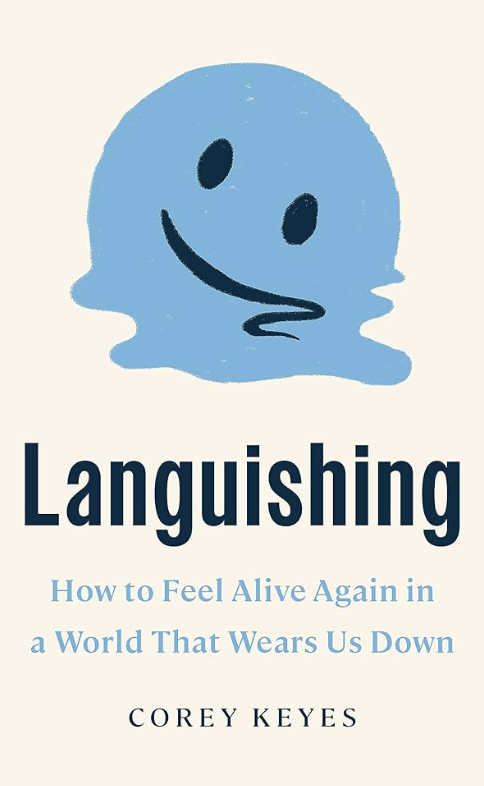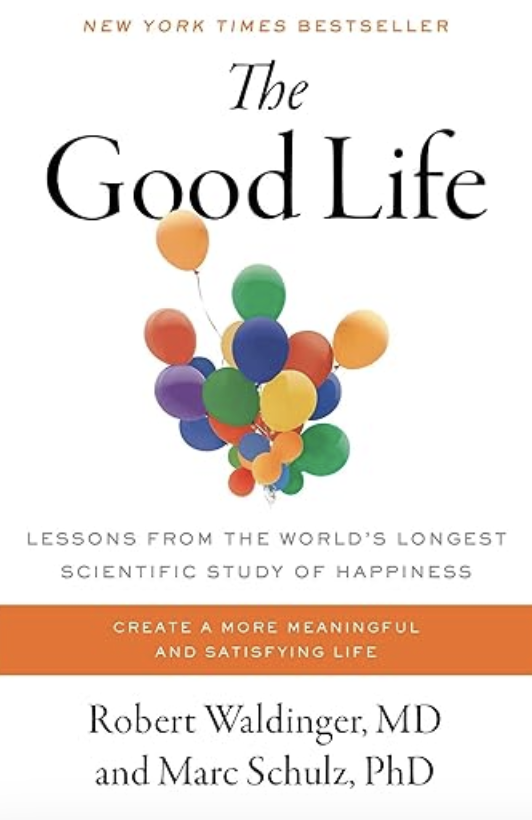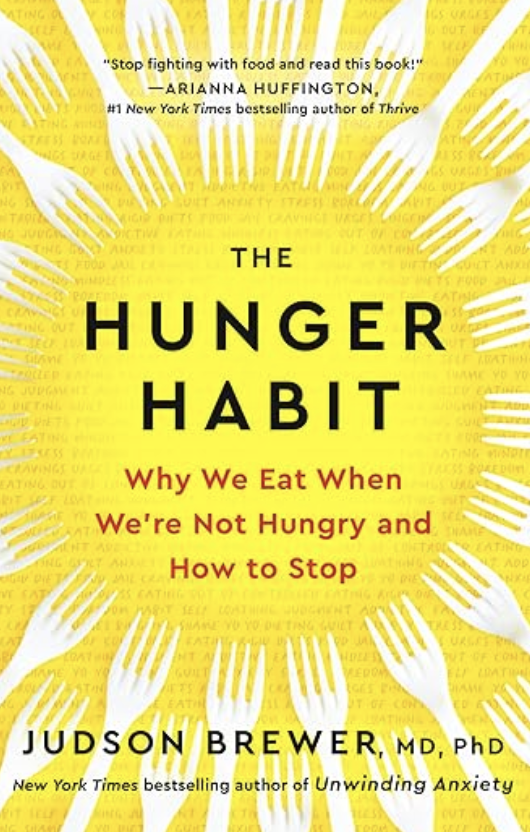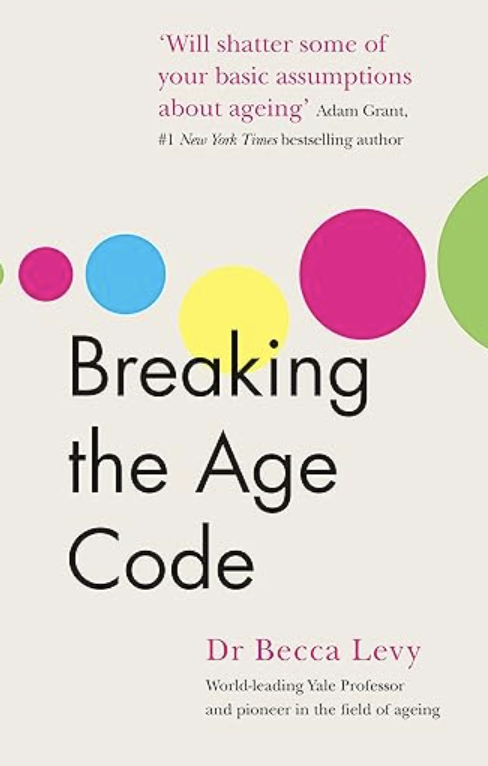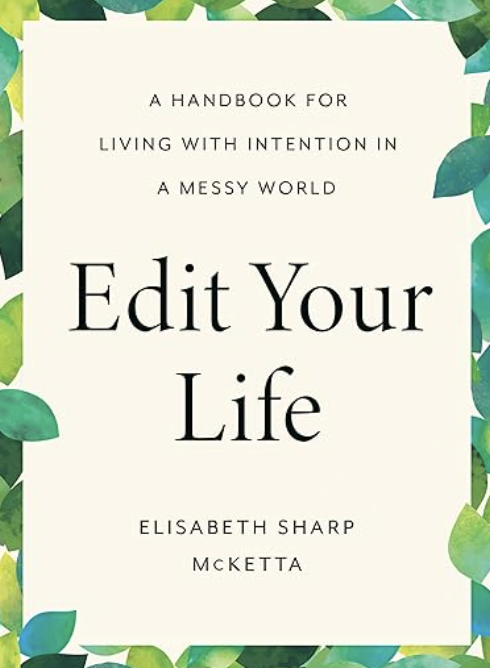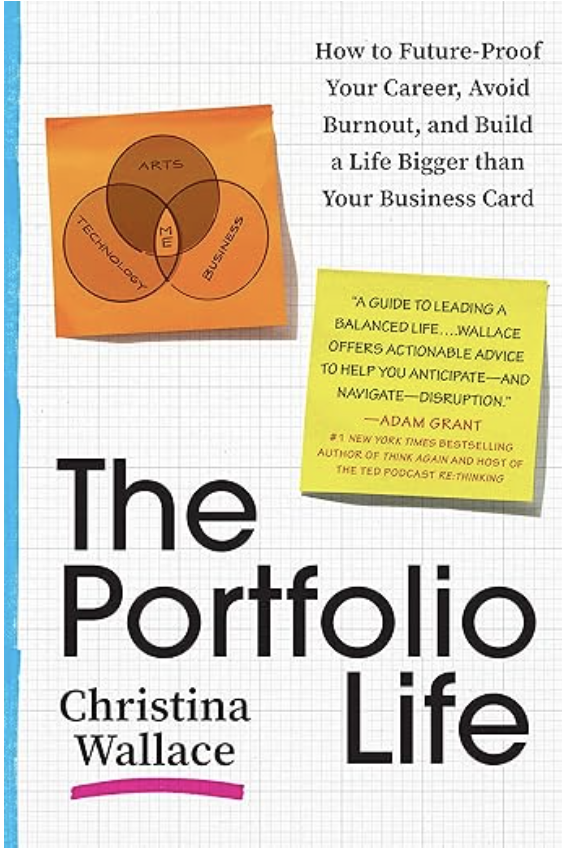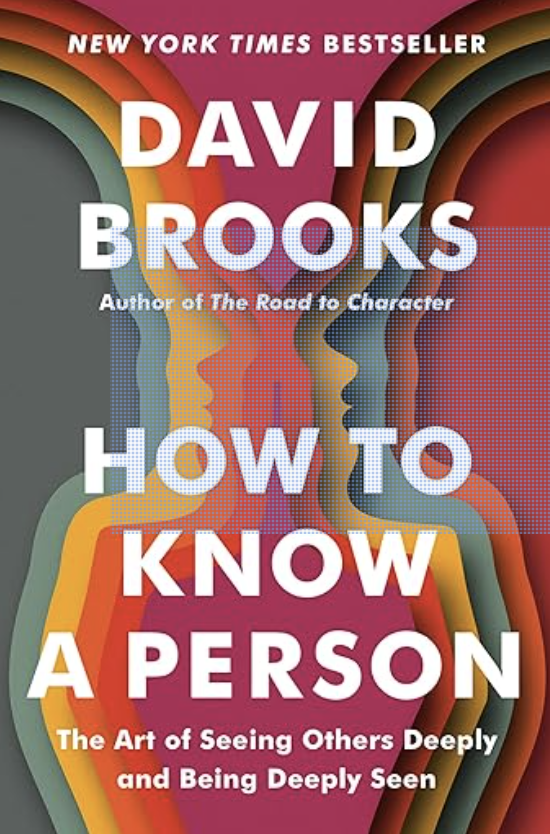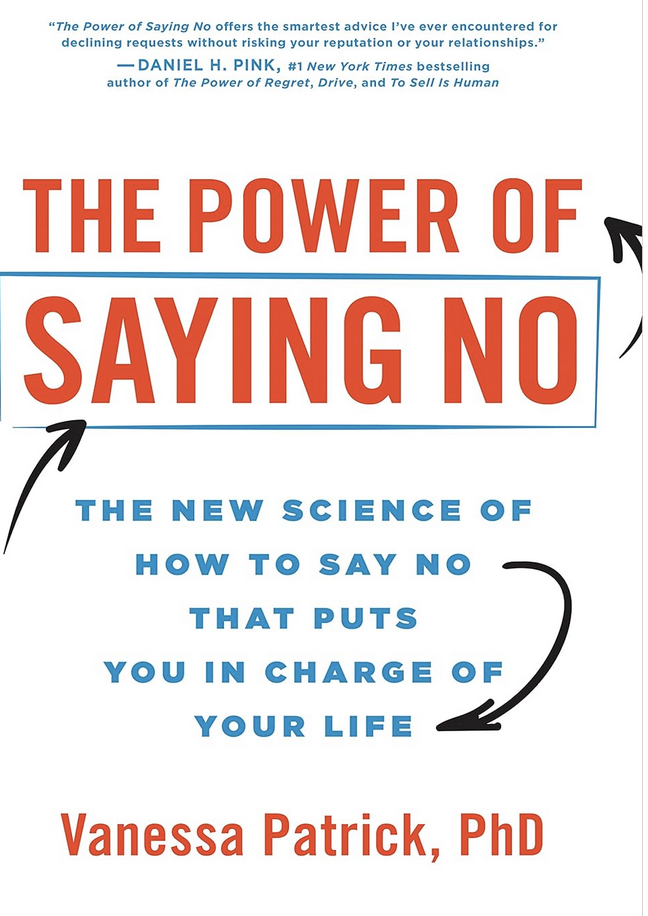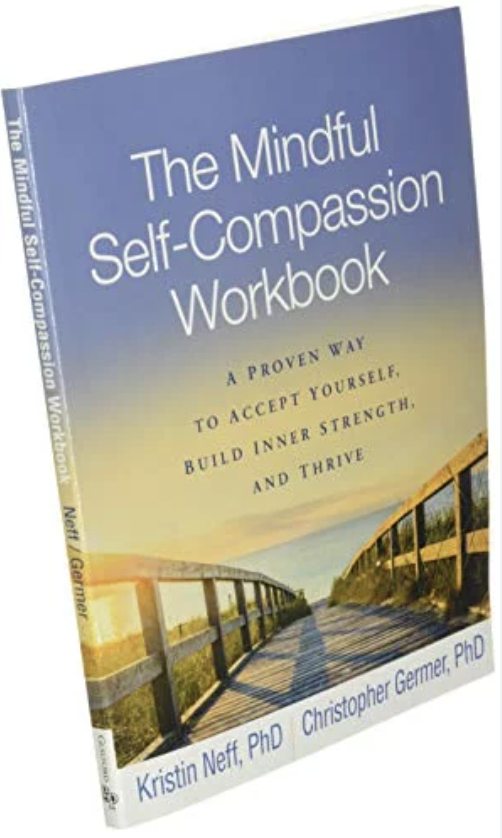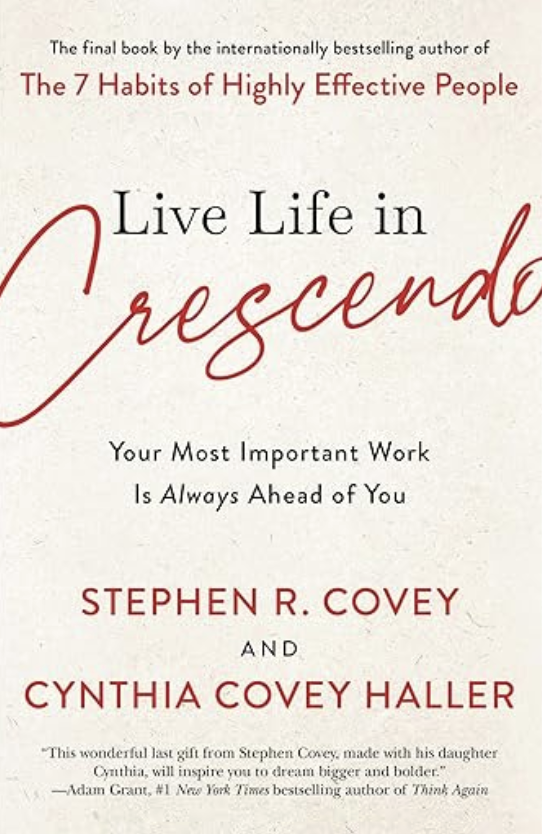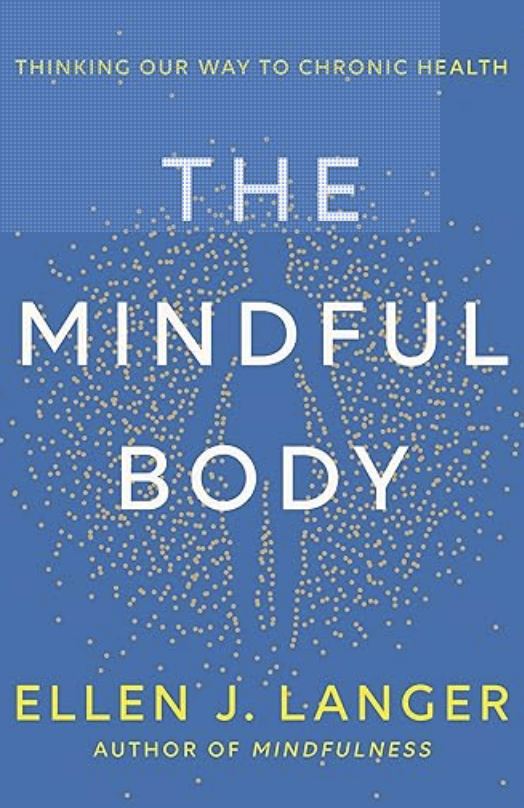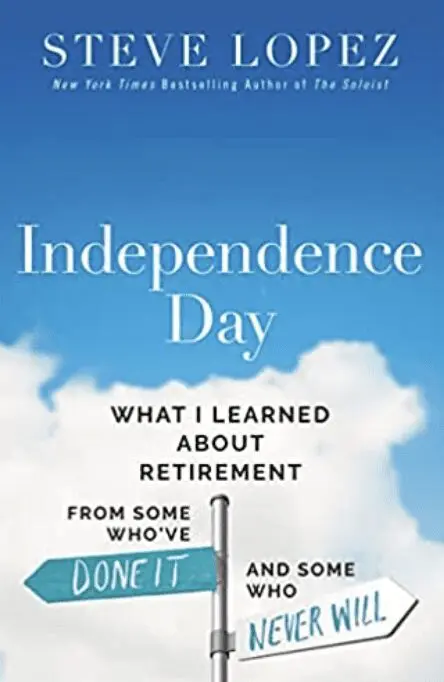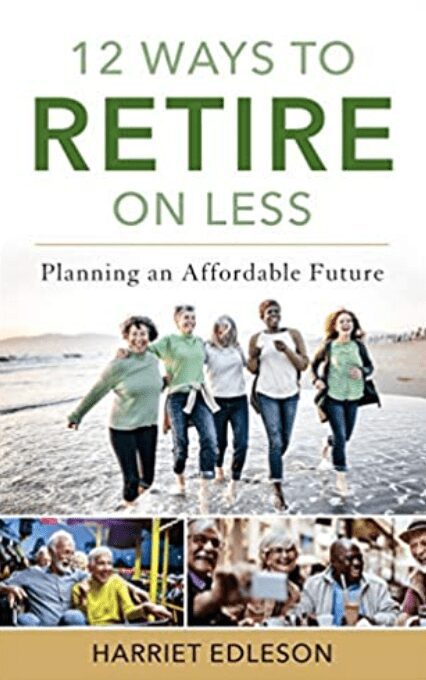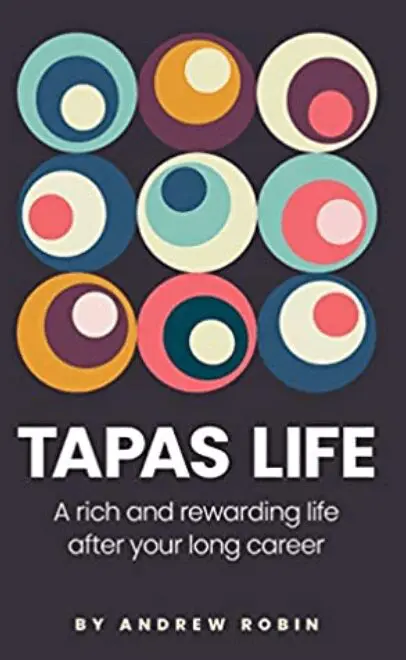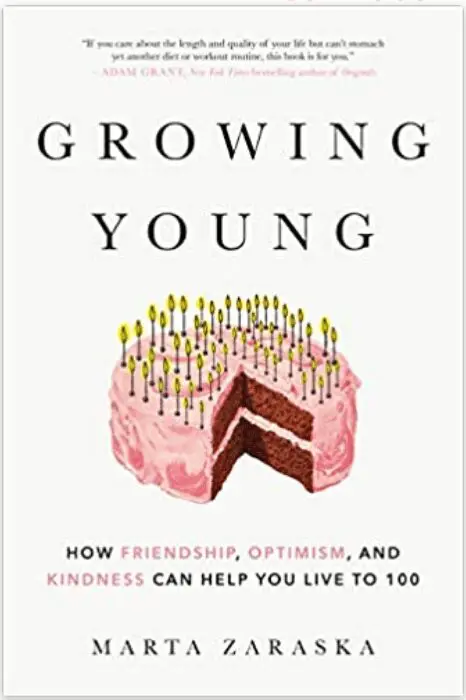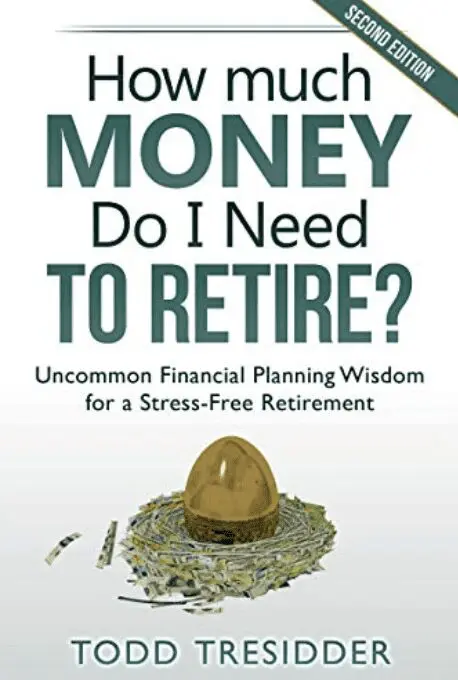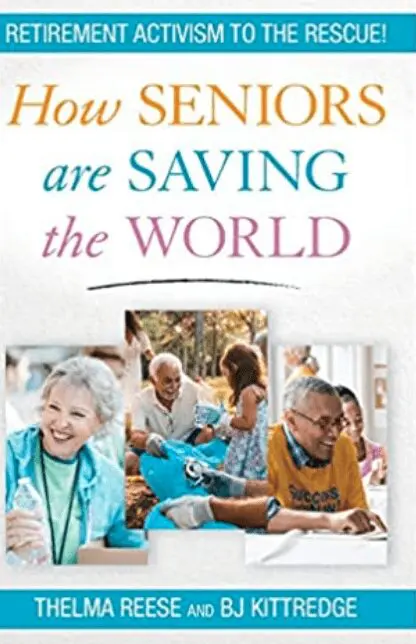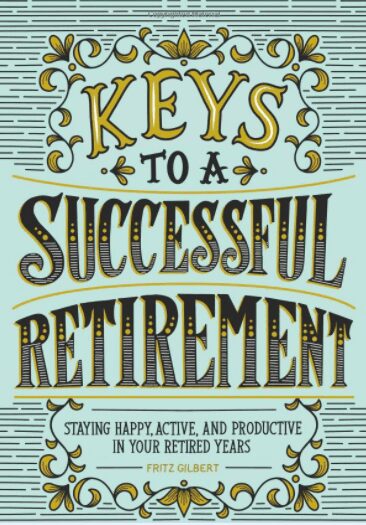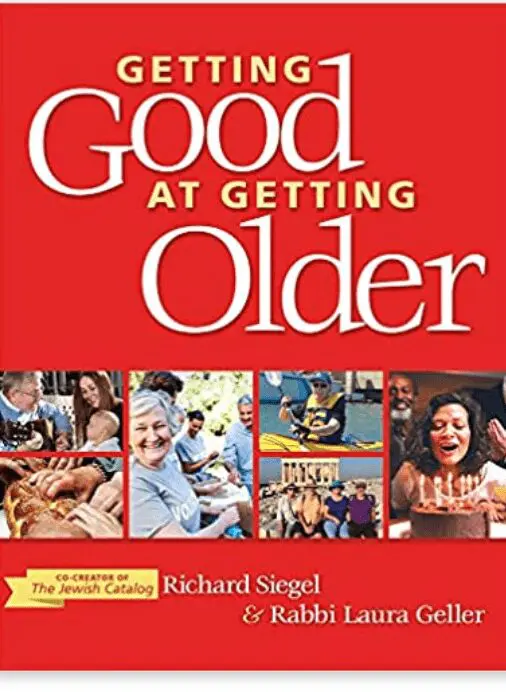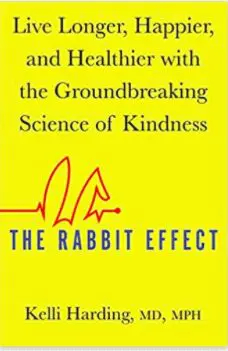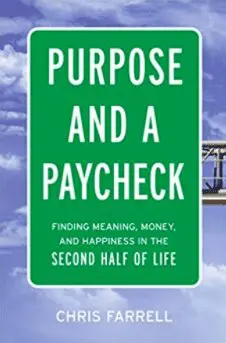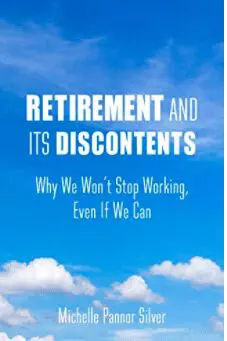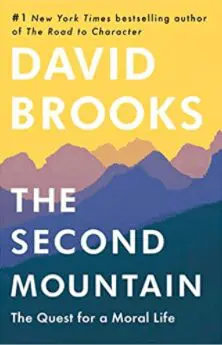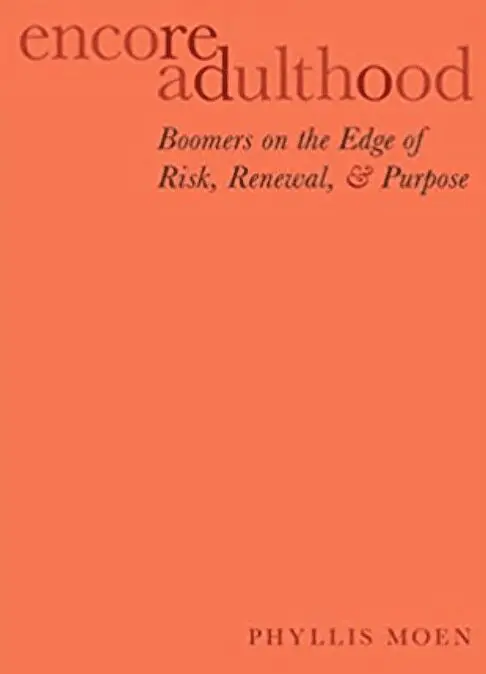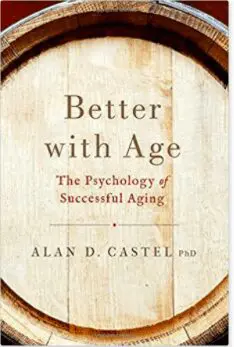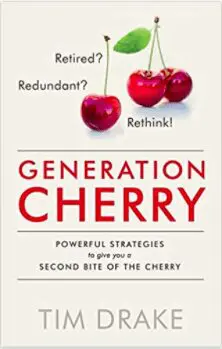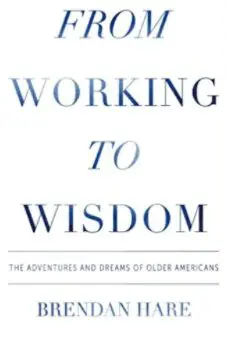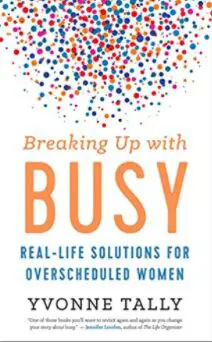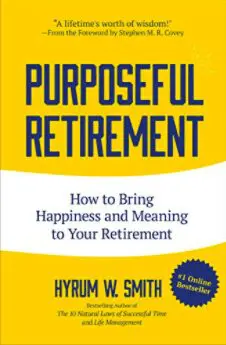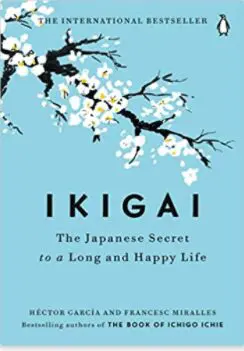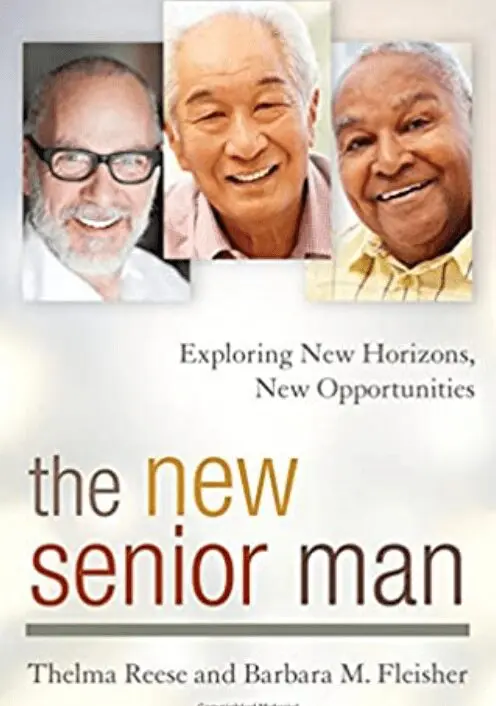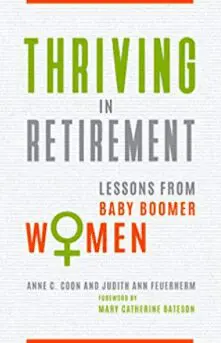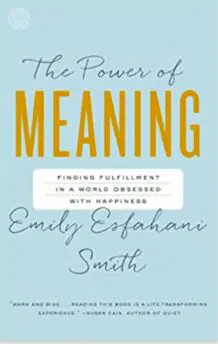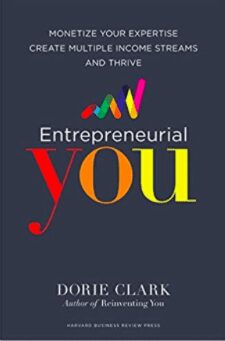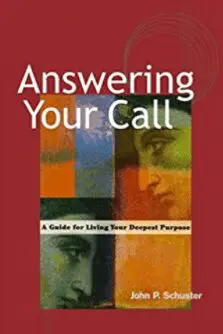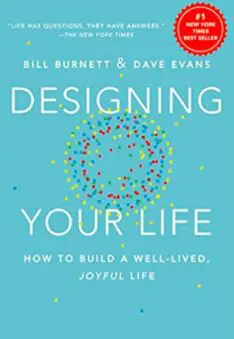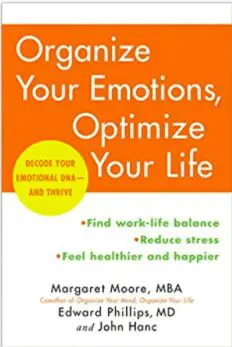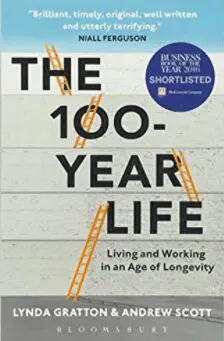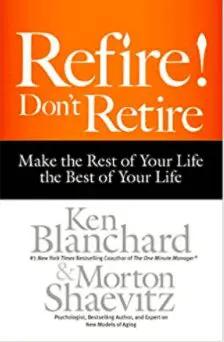by Vanessa Patrick, PhD
Do you ever find it hard to say no? Or notice that kicking yourself because you regret saying yes to something that’s not the best use of your time? Then this book is for you.
is a great example of a book that isn’t about retirement, yet can upgrade your retirement. Retirement offers a bounty of freedom and flexibility. But early on that freedom can feel uncomfortable if you were accustomed to a packed schedule in your full-time working years. And that can make you overeager to say yes too quickly to requests from others. Fast forward and they find yourself busy again, but with things that don’t provide satisfaction or fulfillment. You discover a chunk of their time is dedicated to priorities – but other people’s priorities. And you’ve given away much of the freedom and flexibility you worked so hard to earn.
Don’t be that person. Vanessa Patrick’s research arms you with elegant and practical ways to say no, gracefully but firmly. It equips you with the mindset and tools that will help you protect your time and reserve it for what truly matters to you.
In your work-life it may be easy (and even fun) to say no to that annoying co-worker. But Patrick’s research shows that saying no can be challenging because we care about our relationships. And in your retirement, it won’t be that annoying co-worker you’ll want to say no to. A larger portion of people making the asks of you will be friends, family, neighbors and community members – people you really care about.
Dr. Patrick is a Professor of Marketing and the Associate Dean for Research at the Bauer College of Business at the University of Houston. Her research focuses on strategies to achieve personal mastery and inspire everyday excellence, as well as everyday consumer aesthetics, where she is considered a pioneering scientist. As we say in my hometown of Boston, she’s wicked smart.
Two examples of Patrick’s research-based approaches:
- Make an Empowered Refusal – It’s easier to say no when it’s based on who you are – your identity – and what your values are. And word choice matters. Saying no with “I’ Don’t” rather than “I’ Can’t” has been found to be more effective.
- Set Personal Policies – Clarify your purpose and your priorities and then set Personal Policies around them. The decisions you make in advance sets you up to say no seamlessly and effectively.
“In my research, I actually focus on what are the words that we can use to communicate our refusal, that implicate the identity. And the way you implicate your identity is you ground your refusal in your identity is by choosing your words carefully. When you say, I can’t, you come across as disempowered, not in control, and suggest to the asker that, well, under some other situation, I would be able to say yes – but right now I can’t. And that very often invites pushback, negotiation or discussion. Whereas when you say, I don’t, you implicate yourself, you say: This is my way of operating. This is who I am. This is how I do things. So, I don’t is a much more empowered way to communicate your refusal.”
– Vanessa Patrick
You’ll need to invest time for reflection before and during retirement to build clarity around your new identity, your new purposes and what matters most now. But doing so and learning to say no will help you focus your time on the things you always dreamed of doing.
_________________________
Listen to my podcast conversation with Vanessa Patrick here.
Discover more Best Books on Retirement











